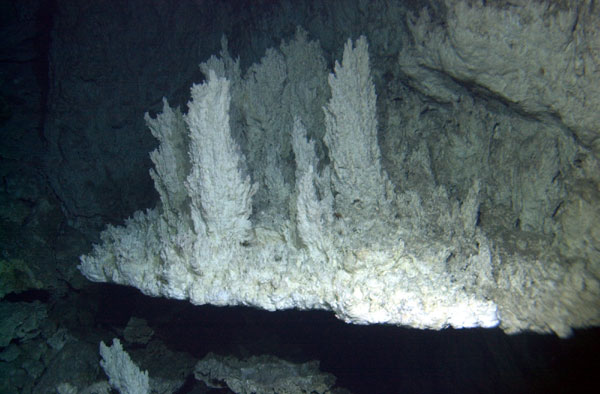Ancient Fossil Study Reveals Resilience of Ocean Ecosystems Post-Dinosaur Extinction

A recent study published in the *Science Advances* journal provides significant insights into how ocean ecosystems maintained their balance after the mass extinction event that eradicated dinosaurs approximately 66 million years ago. The research, conducted by an international team including scientists from the University of Chicago, the Smithsonian Institution, and the Natural History Museum in London, examined fossil records of molluscs such as clams, mussels, and oysters from the period just before and after the extinction event.
The findings challenge prevailing theories regarding the aftermath of mass extinctions. Traditionally, some researchers posited that such catastrophic events accelerated evolutionary shifts or permitted surviving species to occupy entirely new ecological roles. However, the fossil evidence suggests a more complex reality. According to Professor David Jablonski, a prominent paleontologist at the University of Chicago and co-author of the study, "the essential ecological functions remained remarkably stable despite the loss of approximately 75% of species. Functions such as burrowing, filtering water, and attaching to substrates continued, albeit with different species fulfilling those roles."
This research sheds light on the resilience of life following massive disruptions and emphasizes the importance of conserving ecological functions rather than merely focusing on individual species. Dr. Jablonski highlighted the implications for modern conservation efforts, stating, "Billions of people depend on the ocean for food, and our management policies should prioritize the ecological structures that support resilience in marine environments."
The study analyzed fossil evidence spanning millions of years, revealing that while some species-rich groups did not persist post-extinction, others that survived did not necessarily thrive. This points to an unexpected mismatch between survival and ecological success. Despite the significant loss of biodiversity, the study shows that the ecological roles played by surviving species remained intact, a testament to the adaptability of marine ecosystems.
The authors argue that understanding these dynamics is crucial for developing effective conservation strategies in the face of ongoing and future biodiversity crises. As modern ecosystems continue to face threats from climate change, pollution, and habitat destruction, the insights gained from ancient ecosystems can inform today’s conservation practices, fostering resilience amid environmental changes.
In conclusion, this research not only enhances our understanding of historical ecological resilience but also serves as a crucial reminder of the need to focus on maintaining ecological functions to ensure the survival of marine life in the 21st century.
Advertisement
Tags
Advertisement





